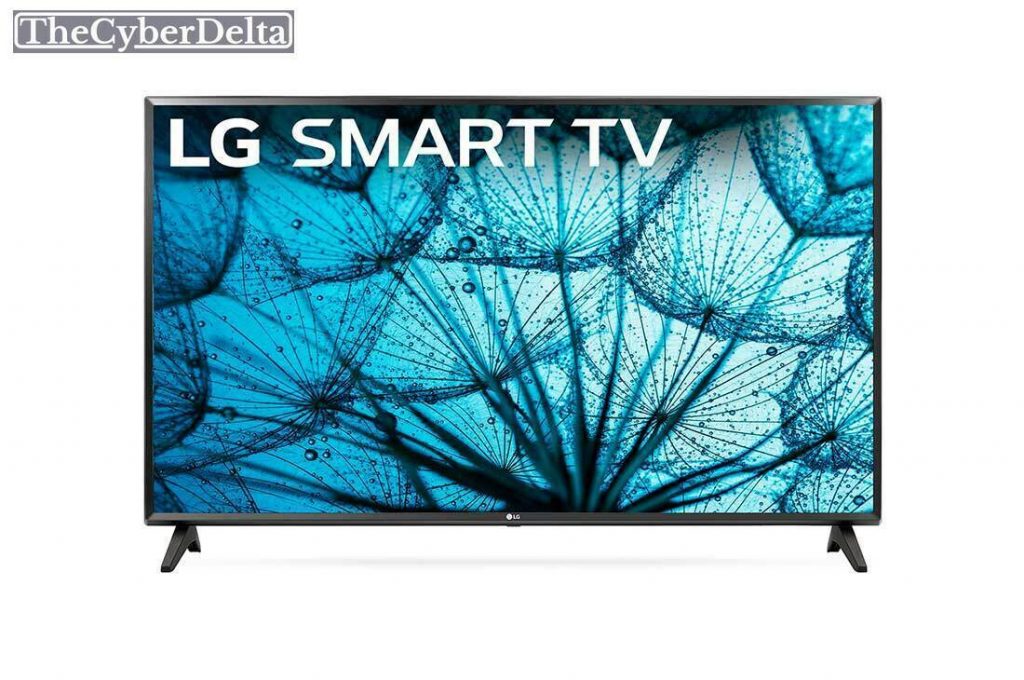The Best Fluffy Pancakes recipe you will fall in love with. Full of tips and tricks to help you make the best pancakes.
65% of Britons use a smart TV, but many do nothing to protect them.
A new survey by the leading virtual private network provider NordVPN revealed that more than 65% of Britons have smart TVs in their homes. However, almost 1 in 4 do nothing to protect their smart devices.
In 2019, the FBI released a warning stating that smart TVs can make users vulnerable to surveillance and attacks by bad actors. Since then, user security technology has become more advanced, but internet-connected devices remain vulnerable.
“Like any device that regularly connects to the internet, smart TVs collect a lot of private data, which leads to a variety of privacy and security concerns. But, unlike other smart devices, they cannot be equipped with the latest cybersecurity software (like antivirus), and that makes them even more vulnerable to cybercrime,” a digital security expert from NordVPN Daniel Markuson comments.
What should we be concerned about?
With smart TVs, the possibility of somebody actually watching or listening to users is much higher than with a traditional set. Hackers can access a smart TV’s camera and microphone through malware, which they can slip into the user’s TV if it is connected to Wi-Fi. They can use footage from the bedroom or living room to blackmail users and their families afterwards. The CIA once created malware like this to listen to users through Samsung smart TVs. If they could do it, hackers can too.
Tracking is another issue that users need to worry about. Like any smart device, smart TVs use a lot of trackers. Services like Netflix, Hulu, or HBO GO collect users’ data and track their streaming behavior to personalize their experience on the platforms. The problem with this is that you never know where your data may end up, as big companies experience data leaked all the time. The above-mentioned streaming services are not exceptions to the rule.
In addition, if a smart TV is used for web browsing, it can be infected with various viruses too. Like computers, smart TVs run on software, but they don’t have the same strong antivirus and firewall systems installed. Once the TV gets infected, all the browsing history, passwords, and other private data become accessible to hackers. And they won’t miss the opportunity to use this information in ransomware attacks or sell it on the dark web.

How to improve your smart TV’s security?
“You shouldn’t have to choose between a great online TV and strong security — it’s possible to have both. As the smart TV global market reached $202.1 billion last year, we need to learn how to protect those devices properly,” says Daniel Markuson from NordVPN and provides some tips on improving your smart TV’s security.
- Use strong passwords. If your TV is regularly or continually connected to the internet, make sure the device itself — as well as any applications installed on it — use strong, hard-to-guess passwords. A good password is long, complex, and randomized, with a mix of numbers and letters.
- Always update your TV’s software whenever a new version becomes available. Theexpert says that software updates are crucial for cybersecurity as manufacturers do their best to patch vulnerabilities. Updates often repair security flaws, fix or remove various bugs, add new features, and improve existing ones.
- Secure your router. Along with any other IoT devices you might have, your smart TV will probably connect to the internet through a router in your house. Make sure that your router is as secure and protected as possible. Strong passwords are essential, of course, but you can also enable a VPN for your router to encrypt any data traveling through it.
- Download apps from official stores only. Do not install any programs and games from unofficial sources on your smart TV. Make sure that both the app and its provider are reliable. Moreover, if an application asks for access to your data, camera, or microphone that isn’t necessary for its operation, never grant it.
- Turn off your TV camera when not in use. Whether it’s a built-in camera or the one connected to a TV via Wi-Fi, turn it off when not using it. If you can’t turn off your camera, cover the lens with a piece of tape or a sticker.

